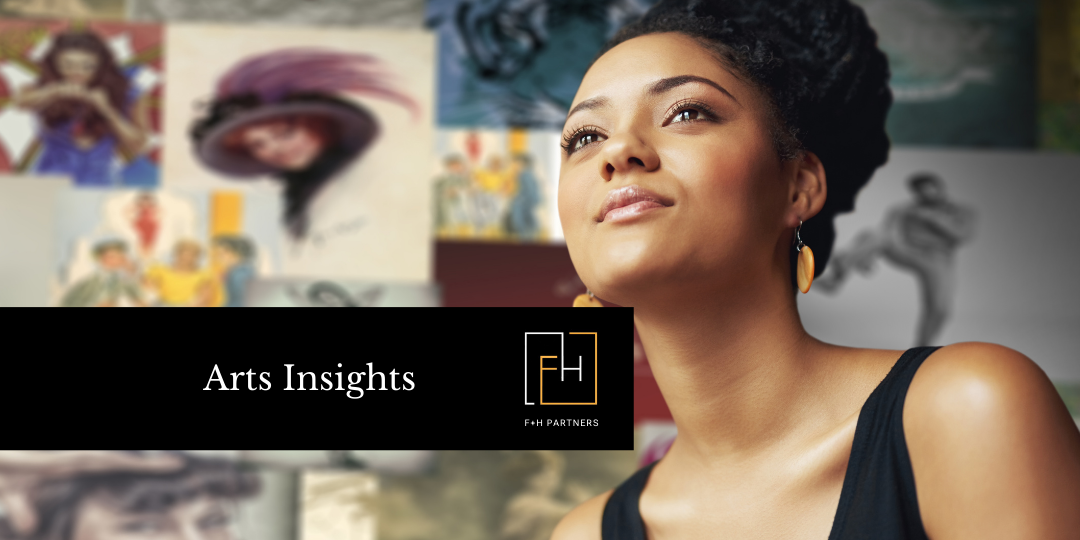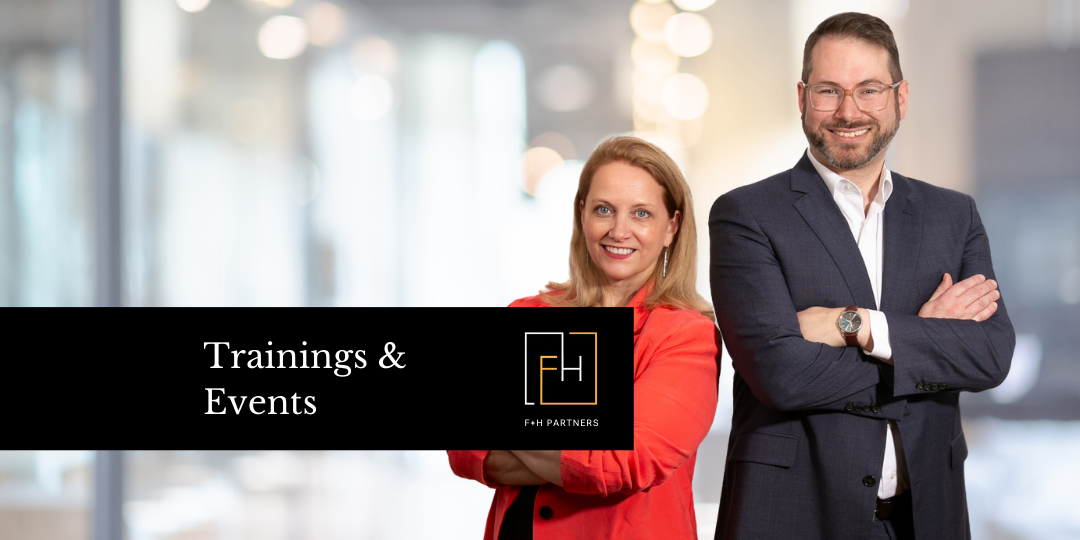Last week, F+H Partners hosted a virtual roundtable discussion on the trends nonprofit organizations are facing in 2025. Moderated by Amy Funk of F+H Partners, the discussion included guest speakers David Devan, Principal at Portage & Practice, and Dr. Patti Tuomey, Visiting Professor at the Non-Profit Institute at the University of Nebraska.
This enlightening and lively discussion delved into the unprecedented challenges and uncertainties facing the sector and also offered strategies for navigating this turbulent environment. Two key takeaways emerged: the need for adaptation and flexibility and the importance of authentic and transparent communication.
Adaptation and Flexibility. The rapid pace of change happening in 2025 requires nonprofits to move away from rigid, traditional models. As David Devan pointed out: “It’s becoming impossible to be change-ready AND keep doing what’s always been done.” David went on to discuss embracing "creative destruction" by discontinuing outdated programming to make room for new opportunities. An example of this came from his time at Opera Philadelphia where they cancelled a mainstage production to free up time, space, and energy for a new chamber music program to emerge.
Organizations can build their resilience by capitalizing on unexpected prospects while staying true to their core mission. This may involve reimagining board structures, diversifying fundraising approaches, and prioritizing projects based on available resources rather than adhering to fixed annual schedules.
Authentic and Transparent Communication. Dr. Patti Tuomey and others emphasized the importance of open and honest communication with stakeholders in uncertain times. Nonprofits can foster trust and collaboration by proactively sharing challenges and concerns with their staff, board, volunteers, and donors. This transparency extends to fundraising, where storytelling should focus on the organization's immediate needs and impact.
In addition to the above themes, the discussion also touched upon the generational change occurring at nonprofit organizations. As millennials and Gen Z begin to play a larger role in both governance and giving, it’s imperative that nonprofits adapt their engagement strategies accordingly. People from younger generations tend to prioritize volunteering before contributing financially and also give smaller amounts to more organizations. Fundraising messaging and campaigns should take these evolving motivations into consideration. Similarly nonprofit organizations would do well to
Thank you to everyone who attended this Arts Insights virtual roundtable event! These events offer a regular opportunity to gain fresh perspectives and connect with industry peers. To ensure you don't miss future discussions, we invite you to sign up for our newsletter. Stay informed, stay connected, and join us as we navigate the evolving landscape of arts and culture fundraising together.
PS: Want to watch the whole session? A link can be found here.




